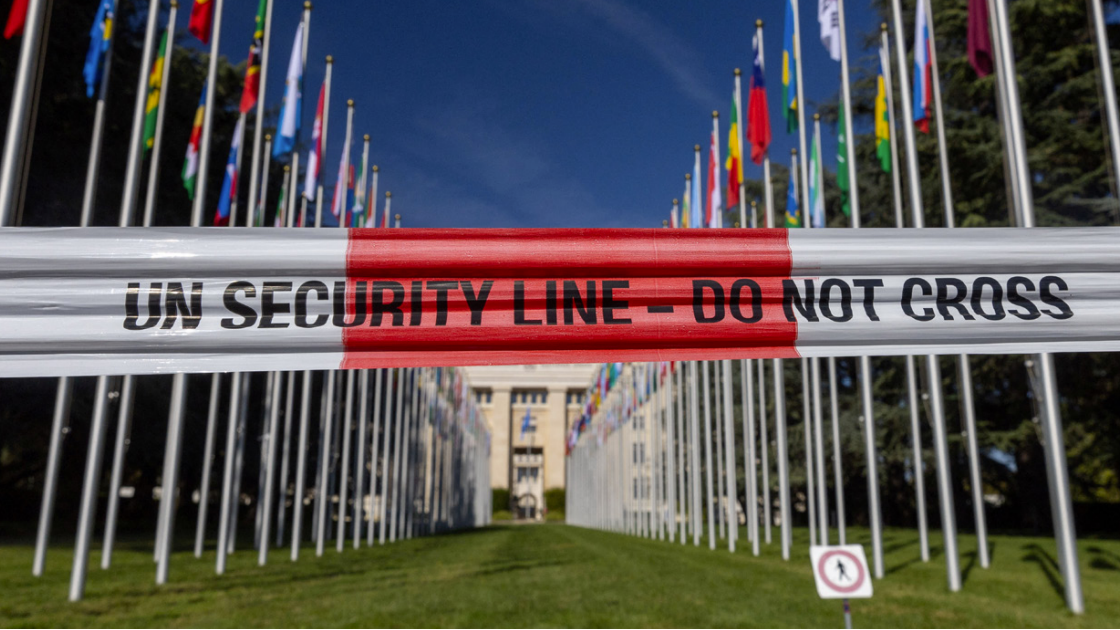Unequal Access to UN Human Rights Bodies
The United Nations Special Procedures operate a human rights complaint mechanism for individuals. Despite being open for all individuals in principle, complaints are frequently filed by socioeconomic elites from high-income countries.

Key Points
- In response to individual complaints, the UN Special Procedures can
send letters to governments and other entities such as companies
urging them to address and prevent the highlighted human rights
violations.
- Despite the Special Procedures being accessible to any individual,
complaints from low-income countries are comparatively low.
Socio-economic elites from high-income countries tend to be
over-represented.
- The Special Procedures should make their complaint mechanism
more accessible by raising awareness in low-income countries and
by allowing complaints in languages other than English, French, or
Spanish.
- Human rights lawyers should file the complaints of illiterate
individuals from low-income countries who are unable to do this
themselves.
Intergovernmental human rights institutions such as the UN Human Rights Council are widely considered to be politicized. This means that accusations of human rights violations between states often reflect geopolitical relations rather than neutral assessments of human rights records. States tend to spare their allies from criticism, while rivals are accused of severe human rights violations. For instance, the United States and Cuba routinely blame each other for systematic human rights abuses in the UN Human Rights Council, as do India and
Pakistan.
Given these shortcomings of interstate human rights institutions, the UN Special Procedures operate a human rights complaint mechanism for individuals. This provides a direct channel that links individuals to international human rights institutions. Victims of human rights violations may either file complaints directly or be represented indirectly by others who file complaints on their behalf. In response to these complaints, the Special Procedures may send letters, so-called Communications, to governments, to urge the relevant government to prevent the violations and provide effective remedies to them.
Communications are not legally enforceable. However, they serve as a publicly visible instrument of human rights shaming, which exerts political pressure on governments to address individual violations.